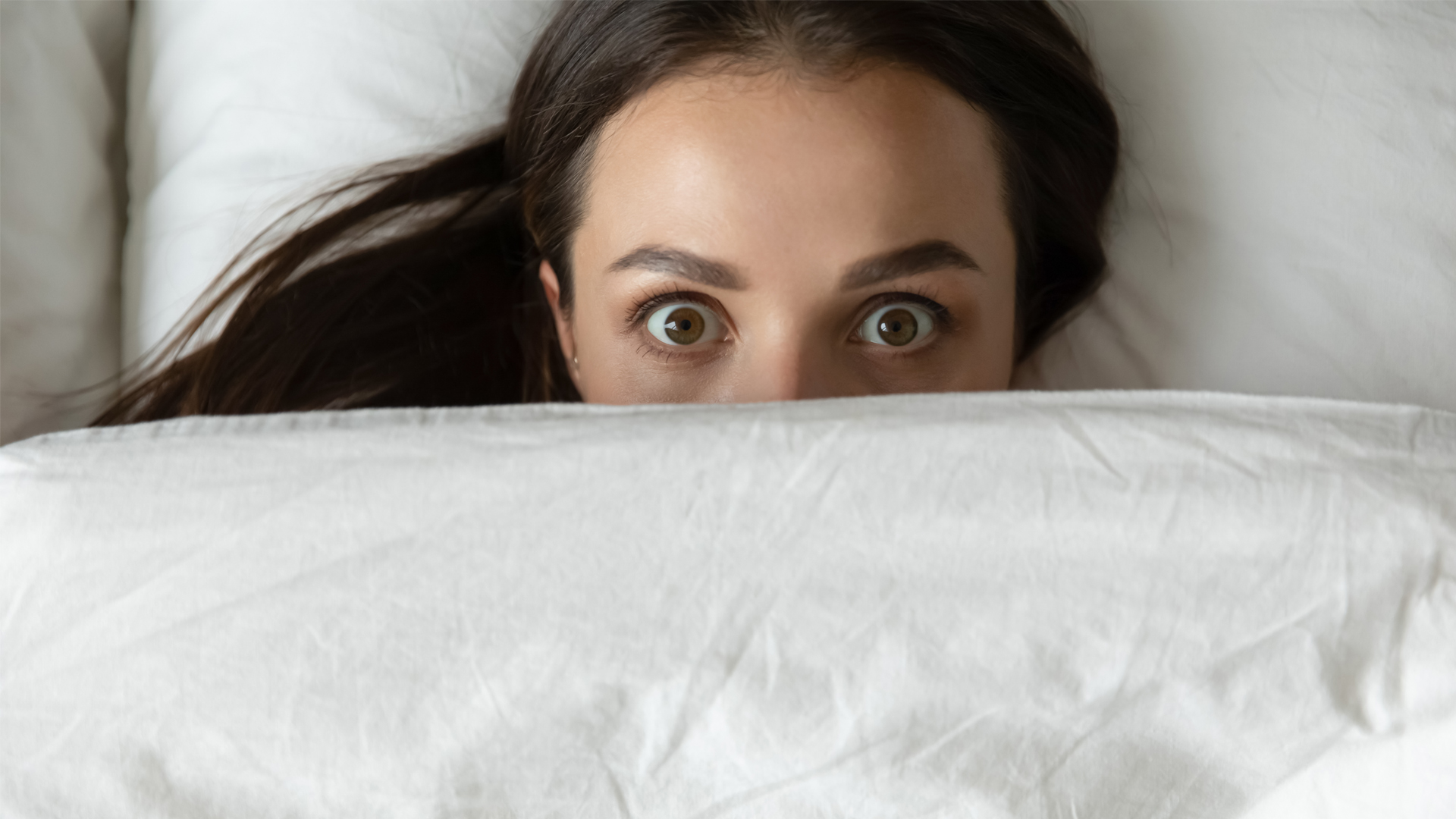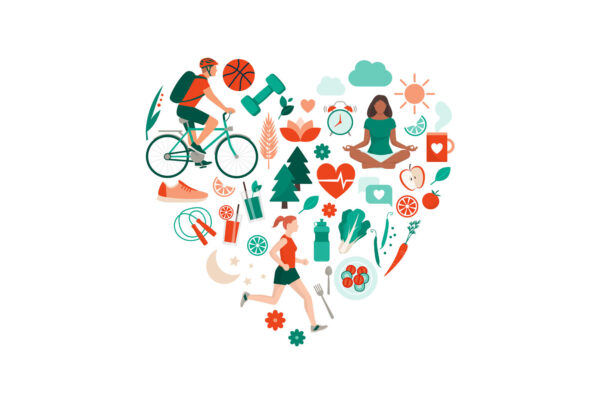You wake up, go to work, come home, sit by the TV or play with your phone, make dinner for you and your family, and then go to bed. What happens though, if you continue to toss and turn throughout the night and are unable to get the very thing you need the most – sleep?
Often many of us take sleep for granted. When we are young we idolize those who are able to stay up all night, or get to make their own bedtime. When we are older, at some point we start to idolize those who get to go to bed at 8:00 every night and sleep through the night without disruption. Sleep appears to be this unobtainable thing that we should have easy access to.
Many of us reading this article are working in the mental health field, and within that dynamic there are more obstacles concerning sleep than are faced by professionals in other fields. Often, we deal with working overtime or simply having a very overactive brain after a day of rapid-fire mental processing. I have stayed awake at night after someone has trusted information about their lives to me, wondering how could someone go through this or if there were more resources I could have given them. I have talked to many other clinicians who say they feel the same way — and often are very hard on themselves for the “what if.”
The reality of lack of sleep, however, is that it can be more detrimental to our lives then we give it credit for. The feeling of tiredness or being foggy during the day often can occur when one doesn’t get enough sleep the night before. While that may not affect many others at their work, for us in the therapeutic field it could mean the difference between life and death in some capacity. We often need to be alert and conscious not only with the information that is being given to us, but also in how we are responding to that information, and if we are able to give efficient and effective resources in a moment’s notice.
“Sleep does more than help sharpen the mind. Studies show that sleep affects physical reflexes, fine motor skills, and judgement, too. One study showed that participants who were sleep deprived were more likely to think they were right when they were, in fact, wrong…” (Marks 2022). That foggy feeling that can occur can do more than just make us reach for that extra “cup of joe;” it can make us less therapeutic in sessions, shorter in patience when working in direct care, or more susceptible to the potential of burnout on the job.
Sleep has been linked to many medical concerns. The U.S Department of Health and Human Services (2019) has collected information just on this. According to their website they report that lack of sleep can be linked to:
- weight gain
- diabetes
- heart conditions
- mental health disorders
- and even physical pain.
If you break this down and really look at it again, something that we all can realistically do in the night (for the most part) can affect not only the mind but also the body.
So, what can we do about it? There is an increase in knowledge about how to get ourselves to sleep. This can range from anything to apps on our phones that stimulate the mind to relax with music and coloring sheets, to the way that we put ourselves to bed. For some of us with kids we know how important it is for them to have a structured bedtime, but sadly as adults we don’t give ourselves the same structure.
Routines like showers before bed, reading a book, and even mindful activities (yoga, deep breathing, and meditation) can all assist in allowing for us to relax ourselves to get to sleep. There is an increased amount of knowledge around this even in the technology world. Apps out there that stop notifications or promote wellness include Headspace, Slumber, Endel – just to name a few. Some may even want to turn to teas (sleepytime tea, or chamomile tea), or might find comfort in smells that stimulate relaxation like eucalyptus or lavender.
Things to avoid would be stimulation activities, such as playing on our phones (even though we sometimes feel it can also be relaxing), watching TV, or even working out. Once this activity has been completed we may feel tired, but then we often find when we lay down to close our eyes we are focused on a million things. This is because the brain has been activated and stimulated and it takes time for the brain to again calm itself.
We also must remain aware of the environment within which we are attempting to relax or sleep. Avoiding some basic things such as uncomfortable bedding or pajamas could allow for you to sleep through the night more soundly. This could also expand to other parts of the environment — such as the very room that we are sleeping in. Attempting to avoid harsh lighting, or opening breezy windows on a cold rainy night, could really change not only the way that we sleep, but also could prevent us from having to get up in the night to alter the environment.
For myself, I try not to engage in such activities such as watching TV, eating a snack or stimulating my brain (playing a video or board game) within an hour of trying to fall asleep. I find that I sleep much better when I am able to do other things like read a book or listen to music that relaxes me. This allows for me to process through my day in a slow-paced way, which in turn promotes a positive sleeping experience.
If you find yourself continuing to be foggy or tired the next day, there might be more to this than you may think. Some professional offices will provide you with a sleep study to see what the disturbance may be. People who often have this issue often find relief in this and are able to feel more alert and concentrated in the day.
Again, take your time and find what works, because in the world of mental health it’s not just about you being alert for you. We need to be alert and engaged with those we care for each day – and that may start with a good night’s rest the night before.
Emily S. has a master’s degree in Psychology, and currently serves as Clinical Training Manager in KidsPeace’s Organizational Development and Training (OD&T) department.
Resources
Marks, H. (2022, August 2). Sleep deprivation and memory loss. WebMD. Retrieved September 26, 2022, from https://www.webmd.com/sleep-disorders/sleep-deprivation-effects-on-memory#:~:text=Studies%20show%20that%20sleep%20affects%20physical%20reflexes%2C%20fine,were%20right%20when%20they%20were%2C%20in%20fact%2C%20wrong.
U.S. Department of Health and Human Services. (2019, April 29). How does inadequate sleep affect health? Eunice Kennedy Shriver National Institute of Child Health and Human Development. Retrieved September 23, 2022, from https://www.nichd.nih.gov/health/topics/sleep/conditioninfo/inadequate-sleep#






